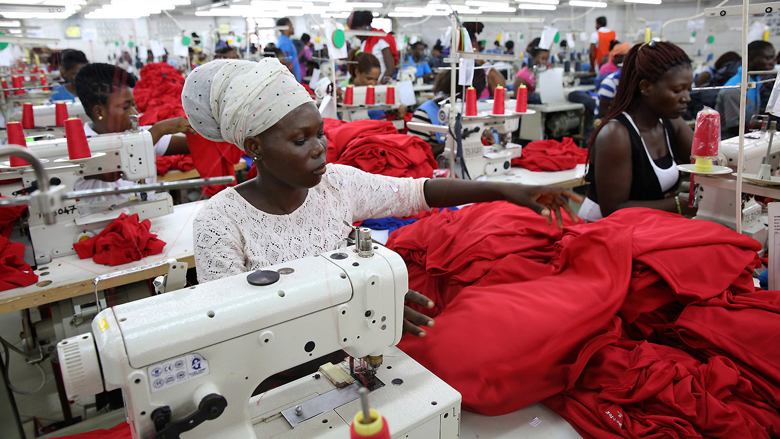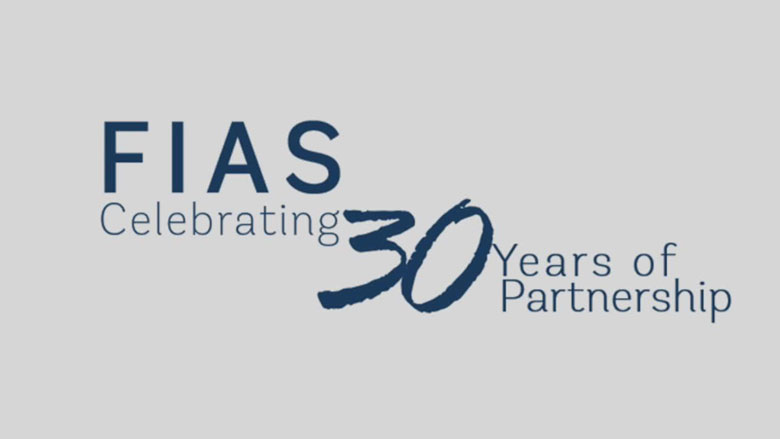WASHINGTON, July 19, 2016—Businesses, like crops, grow best in fertile ground and a conducive climate. Financial instruments provided by institutions like the World Bank and IFC are a kind of economic development irrigation channeled toward job creation, poverty reduction, and inclusive growth. But official development assistance, as well as domestic and multinational investment from the private sector, can quickly evaporate if a developing country’s business climate won’t sustain growth.
For more than three decades, the Facility for Investment Climate Advisory Services (FIAS) has been supporting projects and programs aimed at improving the business environment—or climate—for robust private sector competition and sustainable growth in developing economies around the world. Reforms implemented by client countries working with FIAS-supported World Bank Group teams foster productive and competitive markets, setting the stage to unlock sustainable private investments in sectors that contribute to growth and poverty reduction.
Specifically, FIAS provides advice to developing country governments on reforms needed to improve their investment competitiveness, streamline and modernize their trading regulations and infrastructure, foster competition and well-functioning domestic markets, and attract, retain, and link domestic and foreign investment.



